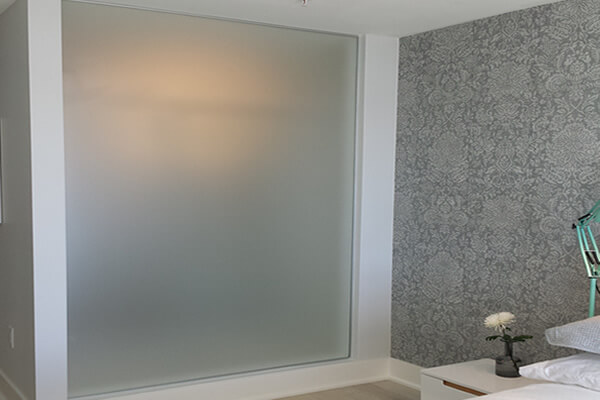

The Importance of Decorative Glass in Modern Design
Decorative glass has become an essential component in contemporary architecture and interior design. Its versatility, aesthetic appeal, and functional characteristics have made it a popular choice for homeowners and designers alike. Whether used as a statement piece or a subtle accent, decorative glass brings a unique touch to various spaces, enhancing the overall ambiance and style.
Historical Context
The use of glass in decoration dates back centuries, with ancient civilizations recognizing its beauty and utility. From stained glass windows in cathedrals to intricately designed glass ornaments, the artistic potential of glass has been harnessed for generations. Today, advancements in technology and design have expanded the possibilities of decorative glass, enabling a wide range of applications.
Types of Decorative Glass
Decorative glass comes in various forms, including etched, frosted, stained, and colored glass. Each type offers distinct benefits and aesthetic qualities.
1. Etched Glass This type of glass is created by sandblasting or using acid to carve designs into the surface. It allows for intricate patterns and images, making it ideal for privacy while still allowing light to filter through. Etched glass is commonly used in bathroom partitions, office doors, and decorative panels.
2. Frosted Glass Similar to etched glass, frosted glass appears opaque and softens the look of spaces. It is particularly popular for shower doors, windows, and room dividers, providing privacy without sacrificing natural light.
3. Stained Glass This traditional form of decorative glass features colorful designs and is often associated with churches and historical buildings. However, it is making a comeback in modern design, used in everything from windows to room dividers, adding a vibrant splash of color to contemporary settings.
4. Colored Glass Available in a multitude of hues, colored glass can be used to create eye-catching installations, furniture pieces, and decorative items. Its vibrant nature allows for creative expression and can enliven any space.
Applications in Interior Design

Decorative glass is not limited to just windows or light fixtures; it can be integrated into a variety of design elements. Kitchen backsplashes made of colored or patterned glass add a modern touch to cabinetry, while glass shelving provides a sleek, airy feel. In living areas, decorative glass can be incorporated through coffee tables, vases, and art pieces, contributing to a cohesive design theme.
Additionally, glass partitions are increasingly popular in both residential and commercial spaces. They create an illusion of space while maintaining separation between areas, making them ideal for open-plan offices and modern homes. The use of decorative glass in these partitions can also add a stylish flair, transforming mundane spaces into visually appealing environments.
Outdoor Applications
The versatility of decorative glass extends beyond the interior. In outdoor spaces, glass railings provide safety without obstructing views, while glass garden ornaments can add a touch of elegance to landscaping. Fire pits featuring decorative glass stones not only provide warmth but also serve as eye-catching centerpieces for outdoor gatherings.
Choosing a Decorative Glass Supplier
When selecting a decorative glass supplier, it’s crucial to consider several factors. Quality and craftsmanship should be at the top of your list. A reputable supplier will offer a variety of quality glass products, ensuring that you can find the perfect style for your project.
Additionally, look for suppliers who prioritize customization. The ability to tailor designs to specific needs allows for more personalized spaces. A supplier with a broad portfolio of successful projects can provide inspiration and demonstrate their capability to deliver.
Sustainability is also an important consideration. Many decorative glass suppliers are now offering eco-friendly options, utilizing recycled materials and environmentally friendly processes. Choosing a supplier committed to sustainability not only benefits the environment but also aligns with the growing trend towards eco-conscious design.
Conclusion
Decorative glass has firmly established itself as a vital element in modern design. Its ability to combine beauty with functionality makes it a favorite among architects and designers. From enhancing interiors to elevating outdoor spaces, decorative glass offers numerous possibilities for creative expression. As the market for decorative glass continues to grow, finding a reliable supplier can help ensure that your vision is realized in every shimmering detail. Whether you're working on a residential project or a commercial venture, don’t overlook the transformative power of decorative glass.